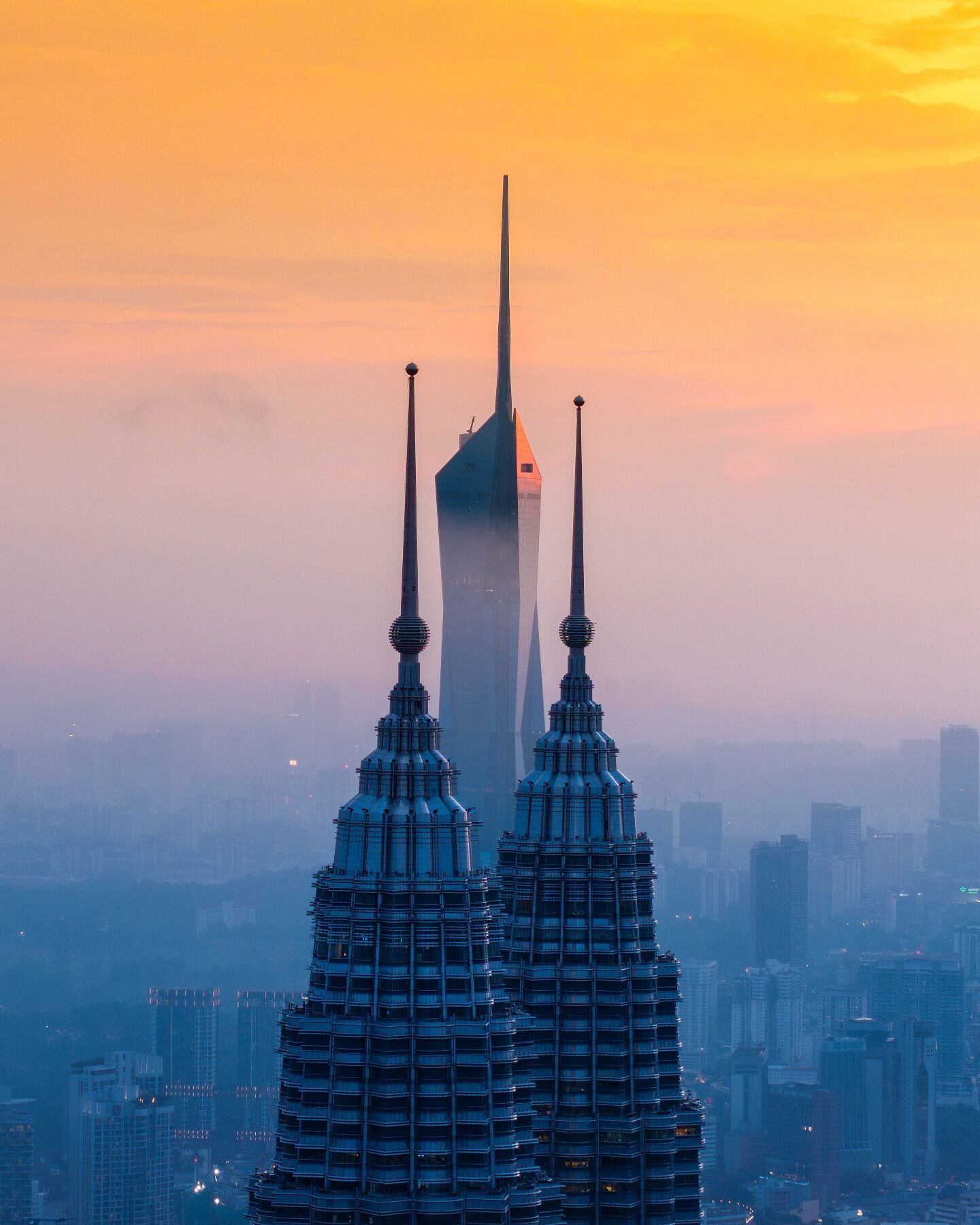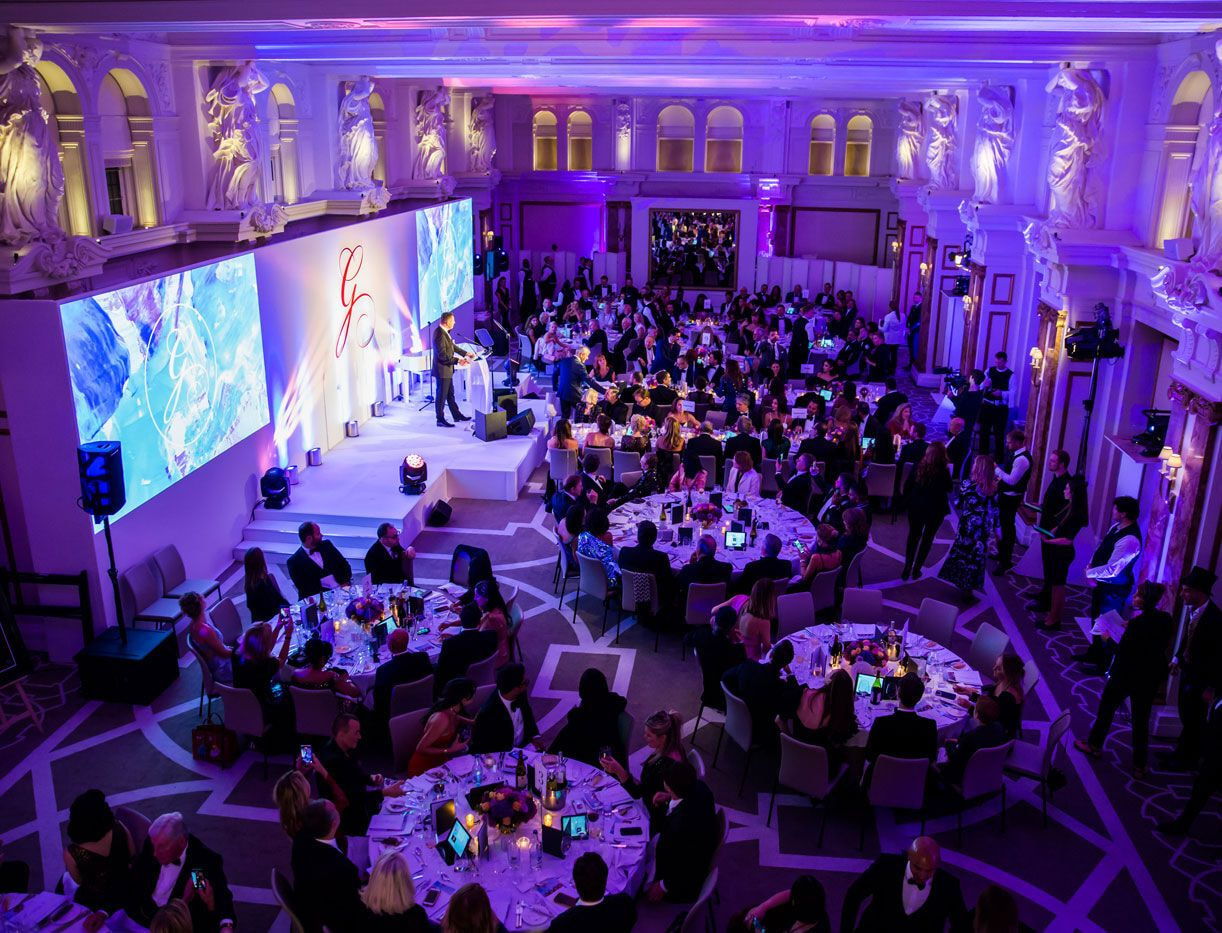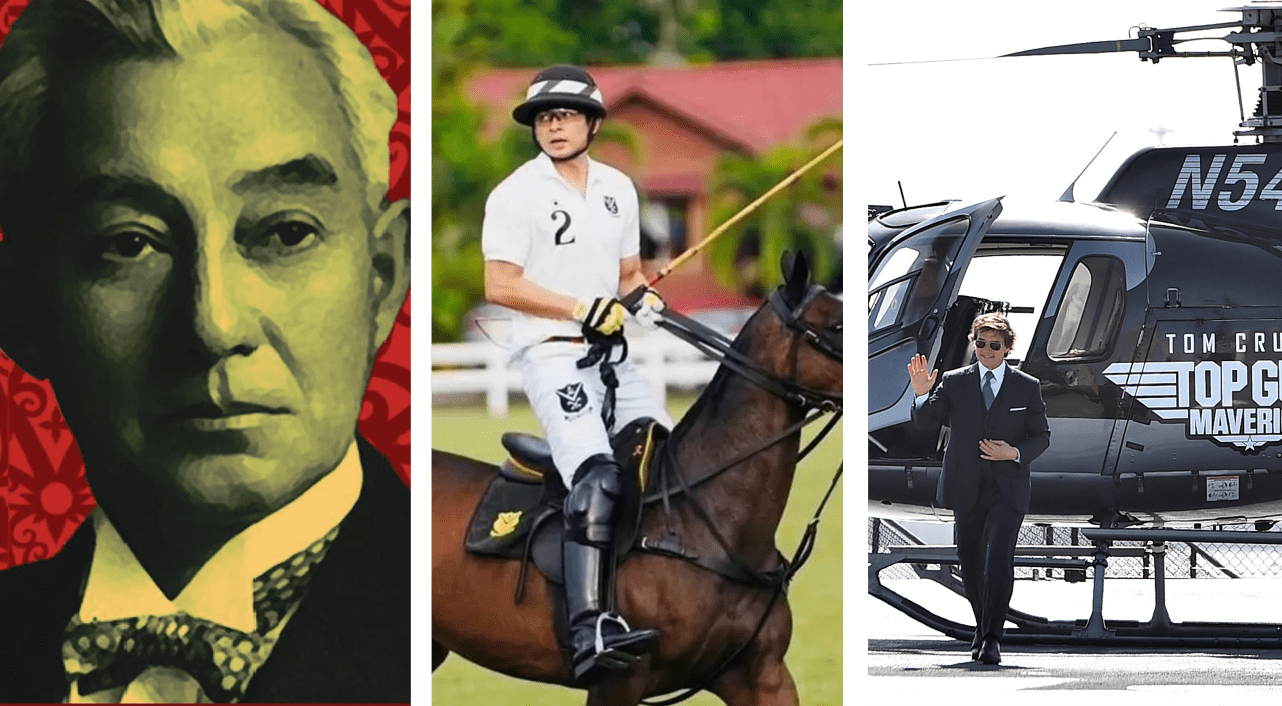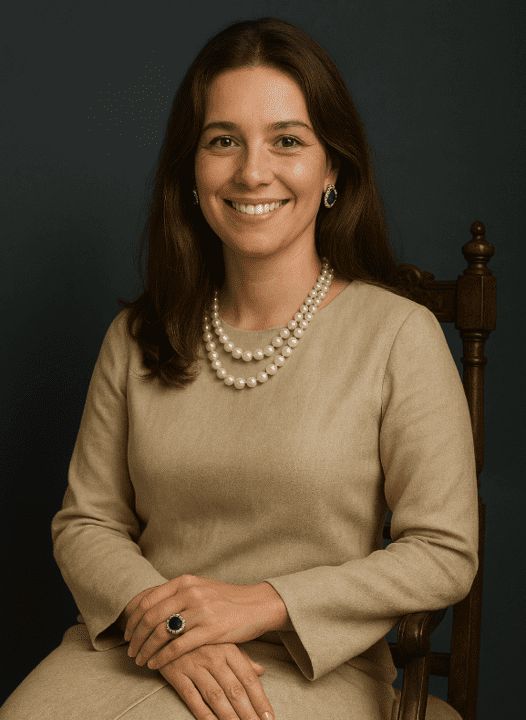About the Author
Y.M. Tunku Sophia
Tunku Sophia brings a rarefied sensibility to GC, where her role as Editor-at-Large extends far beyond editorial finesse. She is both a custodian of heritage and a tastemaker of modern refinement—navigating the intersections of nobility, intellect, and global sophistication.
Educated in Europe and raised amidst the protocols of international diplomacy, Tunku Sophia has cultivated a lifelong devotion to the codes of high society—those unwritten rules that govern elegance, discretion, and true class.
Her editorial lens champions a revival of chivalry in a world increasingly enamoured with the superficial. Whether spotlighting princely heirs who exude understated gravitas or offering unflinching critiques of nouveau extravagance, Tunku Sophia remains committed to the pursuit of timeless values in an age of fleeting trends.




.webp)



